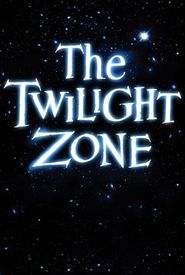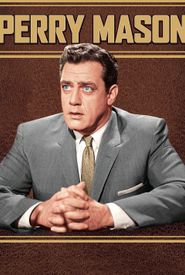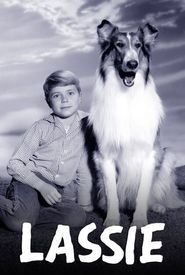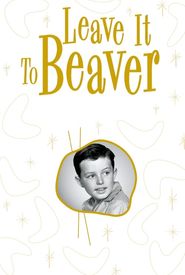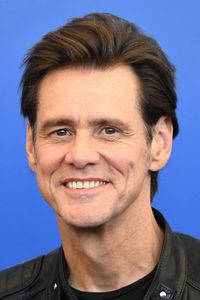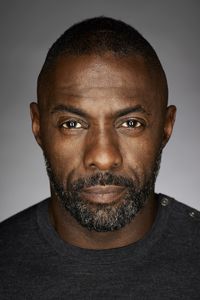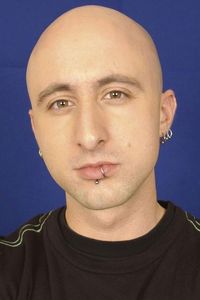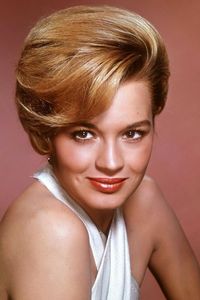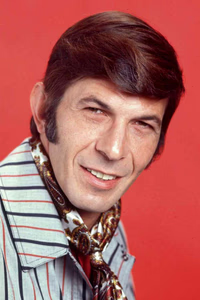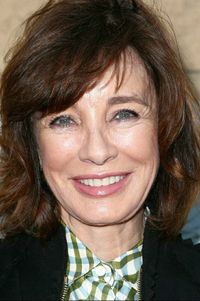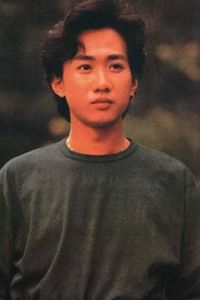Stephen Talbot was born in Hollywood, California, to actor Lyle Talbot, and began his acting career as a child, appearing in over 50 episodes of the iconic 1950s and 60s TV series "Leave It To Beaver". He also appeared in numerous other TV shows, including "Perry Mason", "Lassie", "The Twilight Zone", and "The Lucy Show".
As an adult, Talbot transitioned to reporting and documentary filmmaking, starting as a producer and on-air reporter for KQED, the public television station in San Francisco. He gained early success with two documentaries, "Broken Arrow" (1980) and "The Case of Dashiell Hammett" (1982),which won George Foster Peabody Awards.
Talbot began producing documentaries for the critically acclaimed PBS series "Frontline" in 1992, with films such as "The Best Campaign Money Can Buy", "News War: What's Happening to the News", and "Justice for Sale". He went on to produce and write ten documentaries for the series, including "The Long March of Newt Gingrich" and "Rush Limbaugh's America".
When "Frontline" launched its international news magazine series "Frontline World" in 2002, Talbot was named Series Editor, overseeing the production of over 100 broadcast stories for 30 hour-long episodes. He also produced his own report, "The Earthquake", about Lebanon's Cedar Revolution.
Throughout his career, Talbot has continued to produce history documentaries and biographies, including "The Sixties: The Years That Shaped a Generation" and biographies of noted writers such as Ken Kesey and John Dos Passos.
In 2008, Talbot formed The Talbot Players, an independent media company, and has since executive produced several music show specials for PBS, as well as independent documentaries such as "The Price of Sex".
Talbot's recent documentaries include a biography of late San Francisco Mayor George Moscone, "Moscone: A Legacy of Change", and four documentaries for the NBC series "Bay Area Revelations". His latest film, "The Movement and the 'Madman'," debuted on the PBS series American Experience, telling the story of two major anti-war demonstrations in 1969 that pressured President Nixon to call off his "madman" plans for a major escalation of the war.

